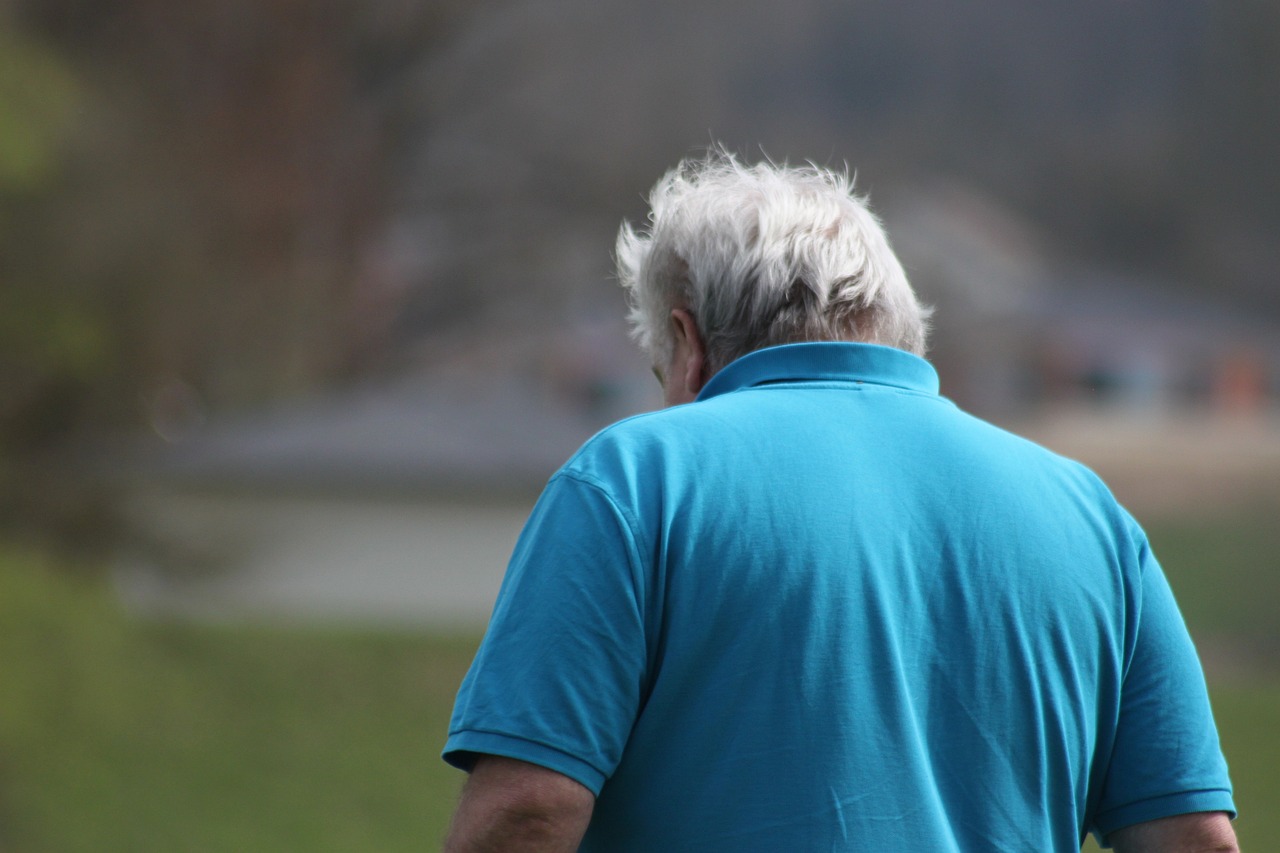The Difference Between Hunger and Appetite
Although many use the terms interchangeably, hunger and appetite are distinct concepts. Hunger is a biological drive that signals the body’s need for energy, whereas appetite is a psychological response triggered by the sight, smell, or thought of food. This is why we often eat even when we are not physically hungry. Research has shown that emotional states such as stress and boredom can significantly impact appetite, leading to overeating or loss of interest in food. Recognizing this distinction can help individuals make conscious decisions about their eating habits.
How Exercise Influences Appetite
The relationship between exercise and appetite is complex and varies based on factors such as intensity, duration, and individual metabolism. Studies suggest that moderate to high-intensity exercise can suppress appetite temporarily by altering hormone levels, particularly by reducing ghrelin (the hunger hormone) and increasing peptide YY (which signals satiety). However, prolonged endurance training may lead to an increased appetite due to higher energy expenditure. Understanding these effects can help individuals tailor their nutrition to complement their physical activity levels.
Loss of Appetite: A Hidden Health Concern
A decrease in appetite can be a symptom of various medical conditions, including infections, chronic illnesses, or psychological disorders such as depression and anxiety. Additionally, certain medications, including antibiotics and chemotherapy drugs, can suppress appetite. Identifying the root cause of appetite loss is crucial for maintaining proper nutrition and preventing unintended weight loss. Healthcare professionals often recommend small, nutrient-dense meals and hydration to support individuals experiencing diminished appetite.
Growth-Dependent Fluctuations
Children’s appetite levels naturally fluctuate based on their growth phases and energy needs. Unlike adults, who often eat according to a schedule, children tend to regulate their intake intuitively. Parents may worry when their child’s appetite varies from day to day, but as long as the child is active, growing, and meeting developmental milestones, occasional fluctuations are normal. Experts recommend providing a balanced diet without pressuring children to eat, allowing them to develop healthy eating habits.
Age-Related Changes in Appetite
As people age, their appetite often decreases due to physiological changes, reduced physical activity, and alterations in taste and smell perception. This decline can lead to inadequate nutrient intake, contributing to malnutrition and frailty in older adults. Research suggests that incorporating flavorful, nutrient-rich foods and engaging in regular physical activity can help stimulate appetite in aging individuals. Additionally, social factors, such as eating with family or friends, can positively influence food consumption in older adults.
Caffeine and Appetite Suppression
Caffeine is widely known for its stimulating effects on the central nervous system, but studies indicate it also plays a role in appetite suppression. Research from Laval University found that consuming caffeine before meals led to a significant reduction in energy intake among men, though the effect was less pronounced in women. The underlying mechanism involves increased energy expenditure and delayed gastric emptying. However, relying on caffeine as a weight management strategy is not recommended, as excessive consumption can lead to negative side effects such as anxiety and disrupted sleep patterns.
Smoking Cessation and Appetite Increase
One common challenge for individuals quitting smoking is an increase in appetite, often leading to weight gain. Nicotine suppresses appetite and alters metabolism, so when individuals stop smoking, their body compensates by increasing hunger signals. Many former smokers find themselves eating more frequently to cope with withdrawal symptoms. Experts recommend maintaining a healthy diet, staying active, and drinking plenty of water to manage post-cessation appetite changes effectively.
Diabetes and Increased Appetite
People with diabetes often experience heightened appetite due to fluctuations in blood sugar levels. When glucose cannot enter cells efficiently due to insulin resistance or insufficient insulin production, the body signals a need for more energy, leading to increased hunger. Managing blood sugar levels through balanced meals, fiber-rich foods, and regular physical activity can help regulate appetite in individuals with diabetes. Medications and insulin therapy may also play a role in stabilizing energy intake.
To put human appetite into perspective, consider the blue whale, the largest animal on the planet. A single blue whale consumes up to 2.5 tons of krill daily, amounting to nearly 1.8 million pounds of food per year. This enormous caloric intake sustains the whale’s massive size and high energy requirements. While human dietary needs are significantly smaller, understanding how different species regulate food intake offers valuable insights into appetite and metabolism.
Sources:
- Research from the Johns Hopkins Medicine, discussing the neurological and physiological aspects of appetite regulation.
- Studies published in the National Library of Medicine exploring the hormonal effects of exercise on appetite.
- Findings from ScienceDirect on the impact of aging on appetite and nutritional strategies for older adults.
- Clinical research analyzing caffeine’s effect on appetite suppression and energy balance.
- Investigations into post-smoking cessation appetite changes and strategies to manage increased hunger.













